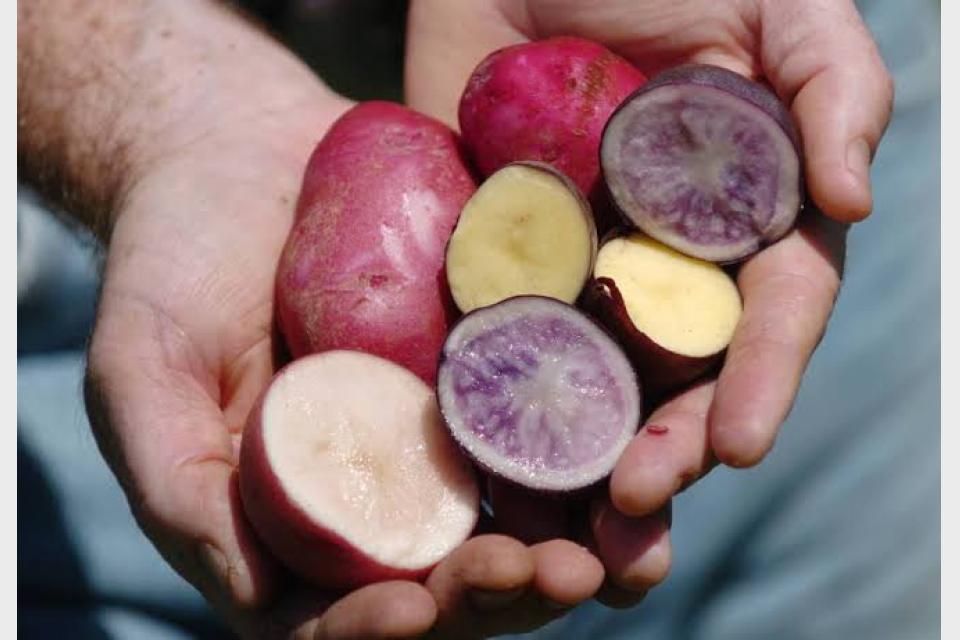With climate change becoming more and more aggressive and extreme events visible across the world, scientists are worried about its effect on the global food supply. To tackle the rising threat to food, agricultural researchers are working on developing ways to improve crops by making them resistant to rising temperatures and global warming.
Researchers at the University of Maine have developed a ‘super potato’ that could withstand higher temperatures. Gregory Porter, a professor of crop ecology and management, told the Bangor Daily News that warming temperatures and an extended growing season could lead to quality problems and disease in the future.
“The predictions for climate change are heavier rainfall events, and potatoes don’t tolerate flooding or wet conditions for long without having other quality problems. If we want potatoes to continue to be produced successfully in Maine, we need to be able to produce varieties that can be resistant to change,” Porter told Bangor Daily News.
The American state had earlier developed Caribou russet variety of potato. However, researchers fear that even that variety isn’t as heat tolerant as necessary to resist the future effects of climate change.
Agricultural researchers are in a testing phase for super potato at sites throughout the United States. Test potatoes in Virginia, North Carolina and Florida are testing high-temperature stress. “It takes 10 years of selection after that initial cross-pollination, and it might take two to five years before enough commercial evaluation has taken place to release a new potato variety,” Porter said.
Apart from developing a heat resistant crop variety, pests are another factor that can affect growth. The Colorado potato beetle and disease-spreading aphids have flourished with the changing climate, said Jim Dill, pest management specialist at the University of Maine Cooperative Extension.
Breeding seemingly small changes like hairier leaves that make it difficult for insects to move around on the plant can cut down on pests’ destruction and also the need for pesticides, he said. Breeding such characteristics into potatoes is a long process of cross-pollinating different potato varieties.
WHY DO WE NEED SUPER POTATO?
A Nasa study published earlier this month suggested climate change may affect the production of corn and wheat, with corn yields projected to decline while wheat could see potential growth, as soon as 2030 under a high greenhouse gas emissions scenario. The projected increases in temperature, shifts in rainfall patterns, and elevated surface carbon dioxide concentrations from human-caused greenhouse gas emissions will lead to a major change in crop yields.
According to the research, maize crop yields are projected to decline 24 per cent, while wheat could potentially see a growth of about 17 per cent.
"The emergence of climate impacts consistently occurs earlier in the new projections-before 2040 for several main producing regions. While future yield estimates remain uncertain, these results suggest that major breadbasket regions will face distinct anthropogenic climatic risks sooner than previously anticipated," the paper said.









